America’s Unhealthy Relationship with Antidepressants
Mad in America
APRIL 24, 2025
Antidepressants are Americas first-line treatment for the most common mental health problems, e.g., depression, anxiety, and insomnia. When the Covid-19 pandemic brought its cascade of anxiety, trauma, and grief, many Americans turned to antidepressants for relief.

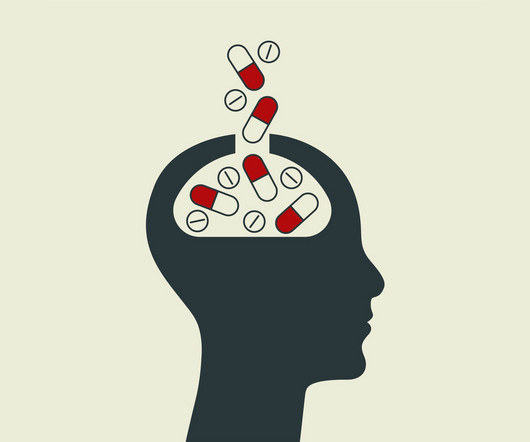
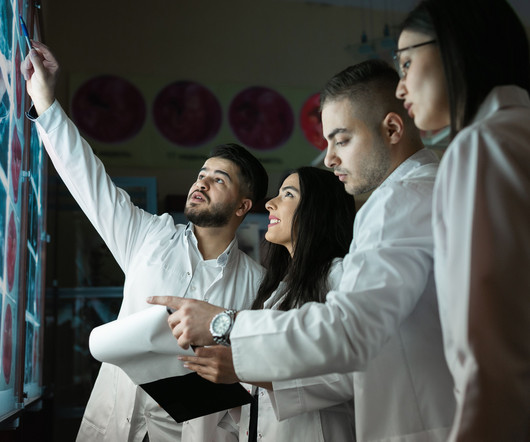
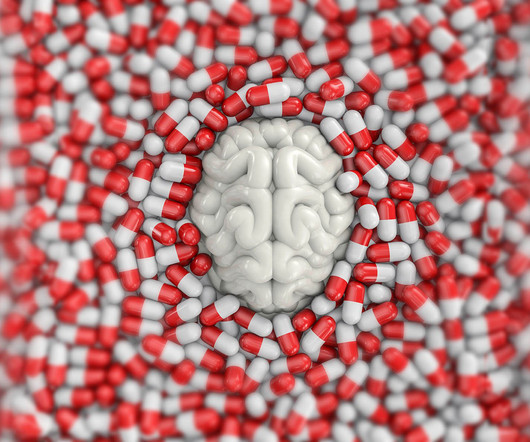
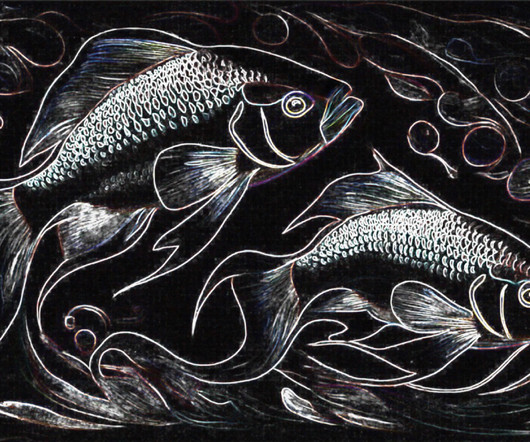
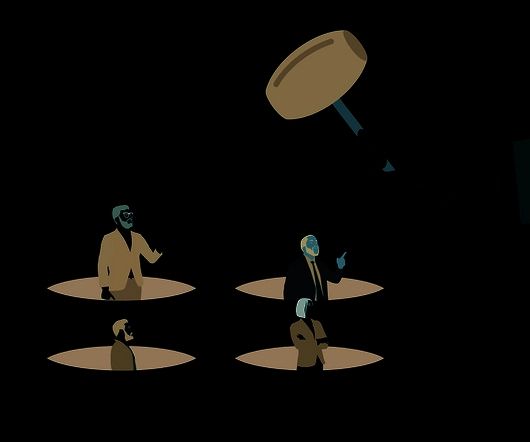






Let's personalize your content